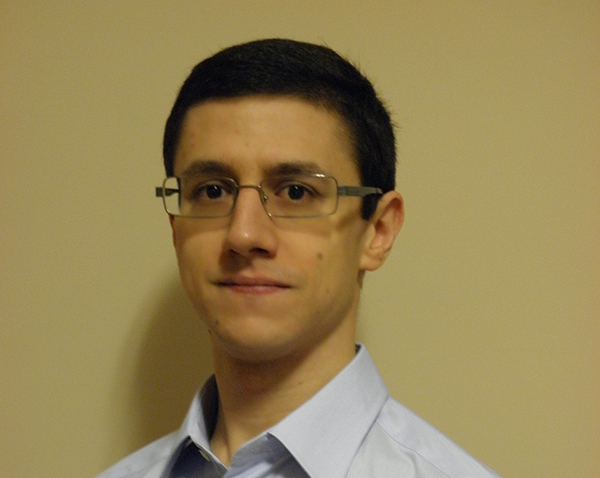
Eduardo Perez Sanchez is a postdoctoral researcher under the Propulsion Technologies Group of the Computer Applications in Science and Engineering (CASE) Department at the Barcelona Supercomputing Center (BSC). In this interview, he talks about his interest in making internal combustion engines better.
What do you do at BSC?
I am a postdoctoral researcher conducting numerical investigation in the field of combustion framed in the analysis of aeroengine combustors as a main application.
Is this what you always wanted to do?
The laboral scope of an engineer is quite broad but in my case my main interest was to work on research activities in the frame of numerical investigations as a way to better understand the physics behind the processes of systems of practical interest and try to contribute to improve their performance. Internal combustion engines are a passionate application since their complexity due to the many involved phenomena and mutual interactions and their impact on society from the energetic and environmental points of view make of them an extremely interesting subject.
What was your motivation for pursuing this career?
As I said before I was keen on the study and understanding of internal combustion engines and in this context CFD is a very powerful tool to achieve this goal. I think this was a boost to do a Ph.D. on this subject and I feel fortunate to have the chance to continue this path.
Did you encounter challenges to get to where you are now?
Doing a Ph.D. was challenging and it was an inflection point in my life. Thereafter, developing a career as a postdoctoral researcher demanded high scientific skills. Apart from this I had to develop other abilities not directly related to science as your capacity to work in a highly collaborative environment. Moreover, and in line with this I had to find financial support which many times is difficult and requires a coordinated effort with many other people and all these features are quite challenging.
What do you do in the ESTiMatE project?
My activities in ESTiMatE mainly deal with the implementation of a combustion model in the CFD CASE’s code and its coupling with a soot model. Then we will investigate numerically several flames which will be measured in the laboratories of other partners belonging to the consortium. Moreover, I help in the management tasks.
How has your experience been so far?
The participation in such an international project as ESTiMatE, in which 7 institutions compose the consortium, gives me the opportunity to interact with many other people. I consider this quite a positive experience since I can learn how to do things in an alternative way and improve the quality of my research.
Apart from this, the activities to be developed in a research project are always challenging and accomplishing them contributes to an improved ability to understand and predict physical phenomena and develop a more refined and clean work-flow in algorithms.
What advice would you give young people interested in following in your footsteps?
I would recommend being constant in their projects and aspirations since I consider that there is room for a vast research in many fields. This is in part due to the immense step that computational sciences have taken forward in the last decades that undoubtedly has opened many new doors.
